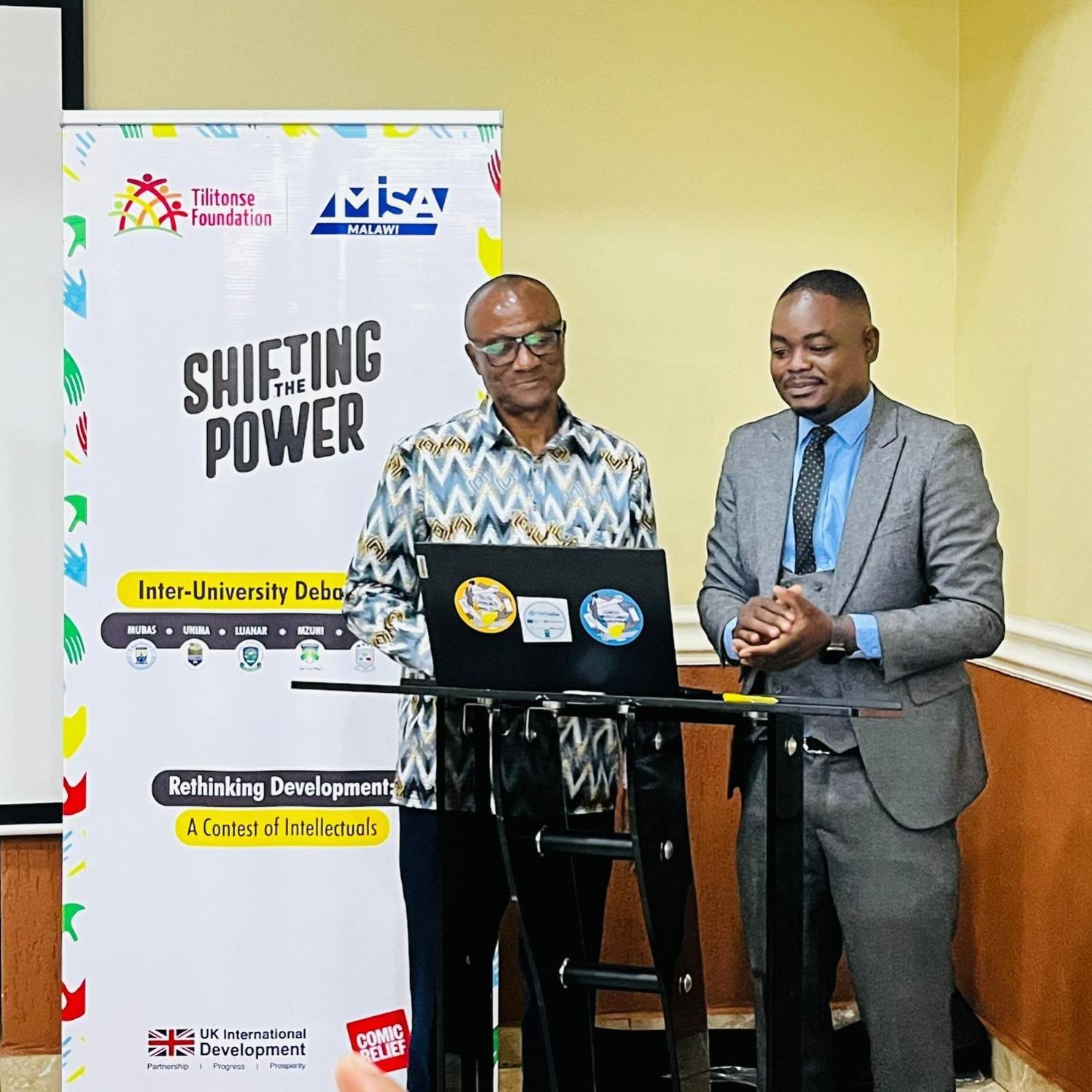Head of Programmes at International Fund for Public Interest Media Khadija Patel has said focusing on young people in creating and delivering news products will enhance the relevance of news media or journalism.
Patel said this on Tuesday, November 9, 2021, in a Keynote Address delivered during the opening of a three-day virtual Conference on the Future of Journalism Education in Southern Africa.
She said for journalism to survive, journalists and media outlets need to understand the audience’s needs and innovate to satisfy that audience.
According to Patel, young people are using new ways to consume news therefore news media should either follow them or fail.
About 60 percent of Africa’s population is under the age of 25, making Africa the youngest population in the world.
“We can produce the best stories, best pictures but if nobody is accessing them, it is an exercise in vain. So, we need to understand how we can actually deliver news to people.
“When we are thinking about the future of journalism and what the future of journalism curriculum should look like, we have to send young people in there,” Patel said.
She also said collective efforts are needed to safeguard public interest journalism in the wake of financial challenges that are leading to shutting down of newsrooms and the media being controlled by few rich people.
Patel said public interest journalism allows journalists to touch the world and it is important to protect it if the magic is to be felt by young people 20 to 40 years from today.
“But we must be very careful since the journalism profession is in severe trouble. Unless we do something quite drastic and we start thinking very intuitively, professional journalism as we know it may not exist for a long time.
“Newsrooms are shutting down and if things are allowed to go as they are, we will see all our news around the world being controlled by a handful of billionaires. The problem is that our understanding of what is happening in the world and our own backyards will be the first casualty,” she said.
With fewer resources, journalists are not able to simplify complex issues for the audience as expected.
“When we have fewer stories, when we have stories from the urban centres, when we are not able to reach out to rural communities, when we are only speaking or allowing the voices of just a few to dictate the news agenda, then we have a problem.
“It means we have simplistic narrative of what is happening around us. And that is a problem because simplistic narratives feed populism. They create democratic deficits,” Patel said.
First day of the conference focused on media sustainability and one of the sessions centred on ‘Restoring trust in the media: communicating with audiences on the platforms they trust’ presented by Christie Keulder, a Researcher at Afrobarometer.
The other topic was ‘TikTok for Journalists: A new tool for audience engagement and fighting mis- and disinformation’ by Flourish Chukwurah, West Africa Correspondent DW News Lagos and Marcus Boesch, independent TikTok researcher and consultant, DW Akademie.
Tutaleni Asino, Associate Professor at Oklahoma State University led the discussion on ‘ClubHouse, a more human place on the internet’
Organised by MISA Malawi, Namibia Media Trust and DW Akademie, Conference on the Future of Journalism Education in Southern Africa continues on Thursday, November 11 before concluding on Tuesday, November 16, 2021.









